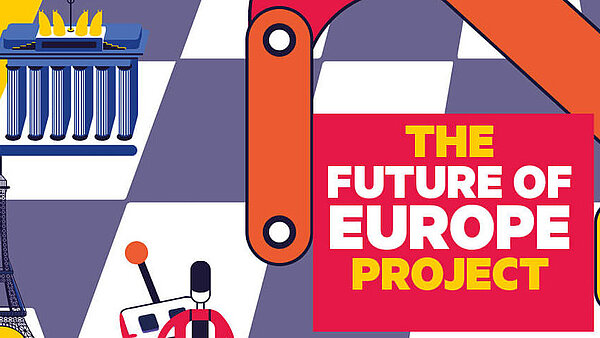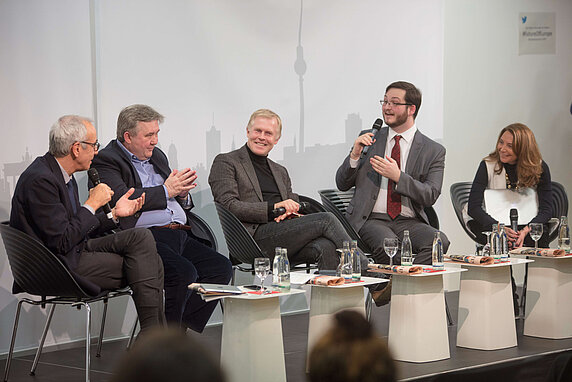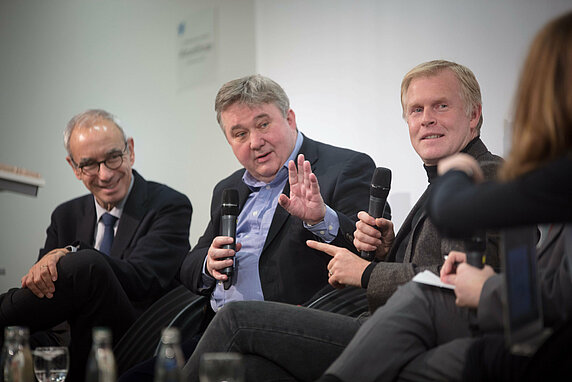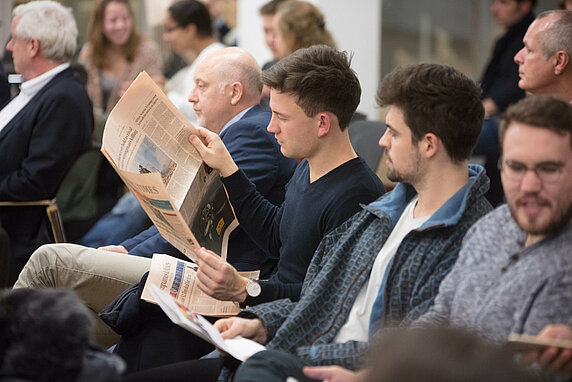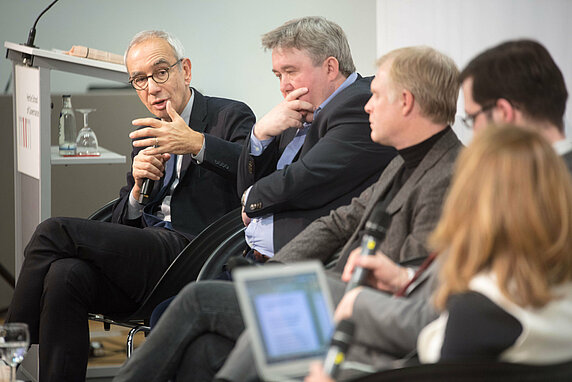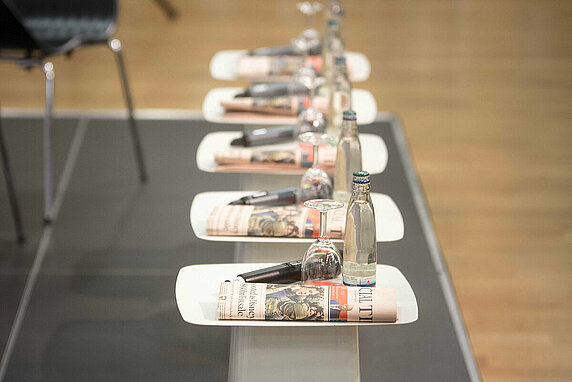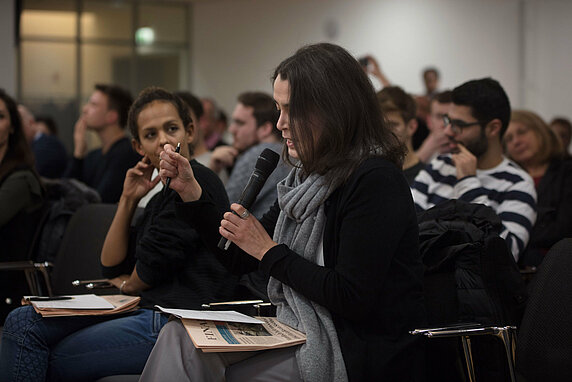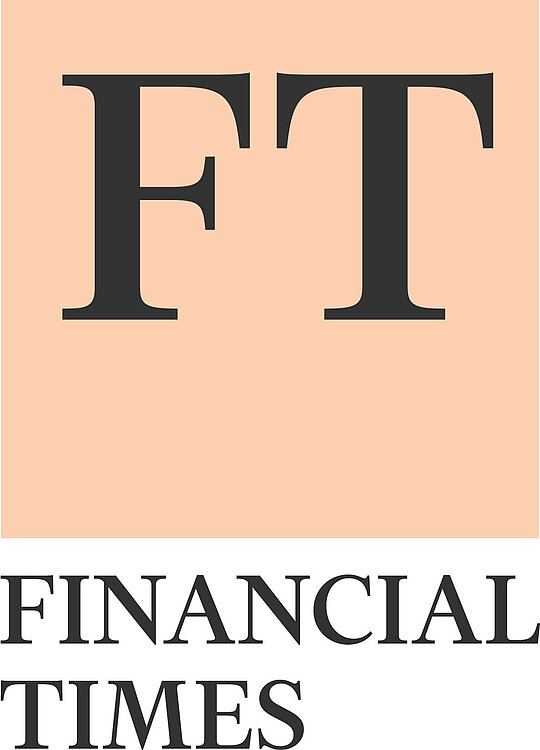Financial Times' Future of Europe Project
Europe desperately needs a reboot, but its leaders must do something populists have already mastered: engage and win-over ordinary citizens. Trump, Brexit, the euro-area crisis – the threats to Europe’s future show no signs of abating, yet there is little sign of urgency among leaders whose ideas and action are now required. After France’s resolute signal that it stands behind the European project, all eyes are on Germany’s next government. But which path forward: greater integration, the devolution of powers to member states, a revival of the Franco-German leadership?
On December 6, the Hertie School hosted the Berlin instalment of the Financial Times’ Future of Europe Project. At the heart of the project is an op-ed contest, in which winning essays on tomorrow's Europe from six prestigious universities were selected for publication in the FT. The Hertie School’s winning essay by Master of International Affairs student Julian Lang outlines what Europe can learn from populists like Donald Trump, serving as the impulse for this discussion.
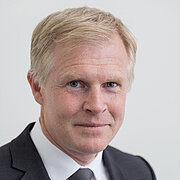
Henrik Enderlein is Professor of Political Economy at the Hertie School as well as Director of the Jacques Delors Institut - Berlin. His research focuses on economic policy-making, in particular the European Central Bank, the EU budget, European integration, fiscal federalism and financial crises.
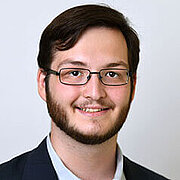
Julian Lang is the Hertie School's winner in the FT op-ed competition with his essay "What the EU must learn from Donald Trump". He is a student in the Master of International Affairs programme with a concentration on security and sustainability. He regularly writes for the school's student policy magazine The Governance Post.
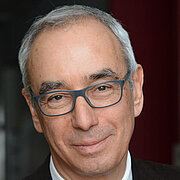
Jean Pisani-Ferry is Senior Professor of Economics and Public Management at the Hertie School, and has served as Commissioner-General for Policy Planning since 2013, reporting to the French Prime Minister. Pisani-Ferry helped found the Brussels-based economic think tank Bruegel in 2005 and served as its director.
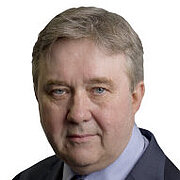
Philip Stephens is Associate Editor of the Financial Times where as chief political commentator he writes twice-weekly columns on global and British affairs. He joined the Financial Times in 1983 after working as a correspondent for Reuters in Brussels and has been the FT’s Economics Editor, Political Editor and Editor of the UK edition.
Moderator:
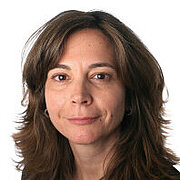
Roula Khalaf is Deputy Editor of the Financial Times. She has worked for the FT since 1995, first as North Africa correspondent, then Middle East correspondent and most recently as Middle East editor. Before joining the FT, she was a staff writer for Forbes magazine in New York. She writes regularly on global politics and business.
Welcome:
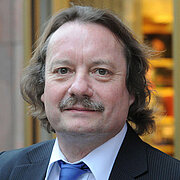
Helmut K. Anheier is President of the Hertie School and Professor of Sociology. His research centres on indicator systems, social innovation, culture, philanthropy, and organisational studies. He also holds a Chair of Sociology at Heidelberg University and serves as Academic Director of the Centre for Social Investment.

